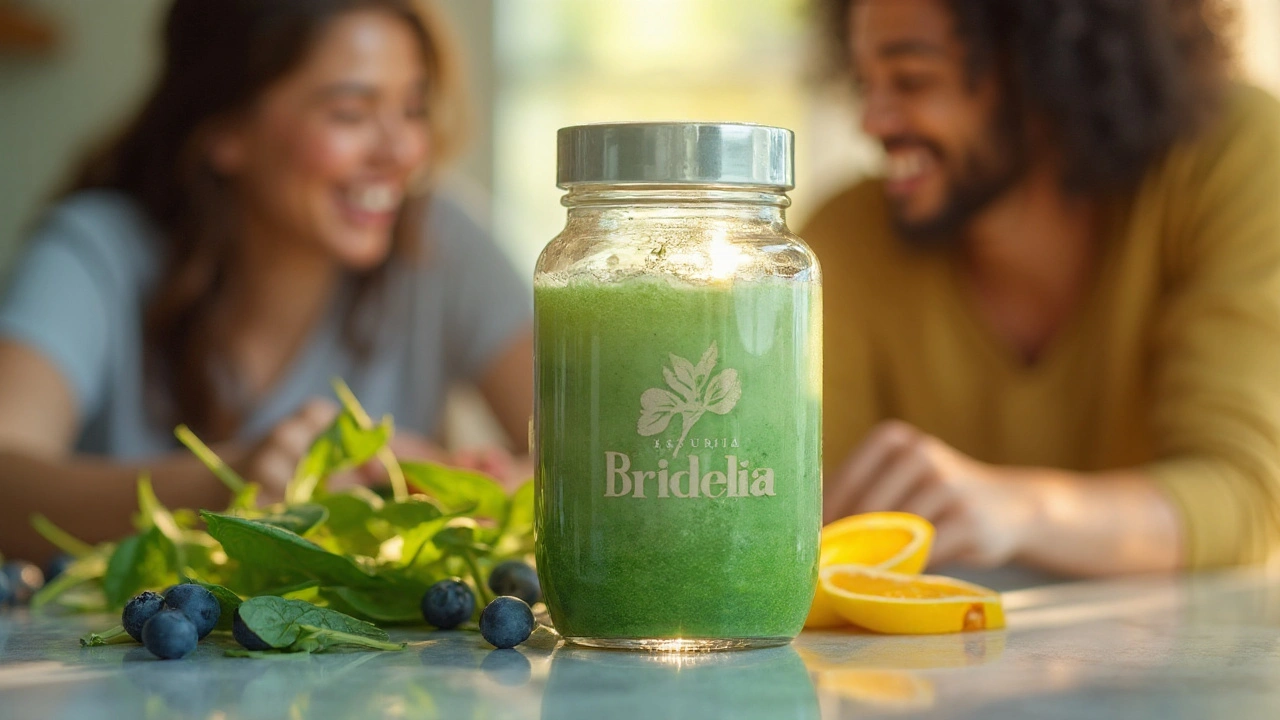Supplements and Herbs – Your Quick Guide
If you’ve ever wondered whether a pill or a plant can boost your health, you’re not alone. Millions turn to supplements and herbs every day, looking for a simple way to feel better, fill nutrition gaps, or support a specific issue. In this guide we’ll break down why people reach for these products, how to choose the right ones, and point out a couple of popular picks that show up on our site.
Why People Choose Supplements
First off, supplements are easy. A daily capsule or powder fits into any routine without cooking, shopping, or hunting down fresh produce. They also let you target a problem directly – think vitamin B6 for joint comfort or cranberry extract for urinary health. Research on pyridoxine (vitamin B6) shows it can help reduce inflammation in some arthritis patients when taken at safe doses. That’s why the post "Pyridoxine (Vitamin B6) for Arthritis" got a lot of attention – it explains the evidence, the right amount to take, and who might see the most benefit.
Another reason is consistency. Whole foods vary by season and soil quality, but a supplement gives you a steady dose of the nutrients you need. This steadiness matters for chronic conditions or for athletes who want to keep performance steady. It also helps people who have dietary restrictions, like vegans or those with food allergies, to get nutrients that might be missing from their meals.
Smart Ways to Pick and Use Herbs
Choosing a herb isn’t just about grabbing the cheapest bottle. Look for third‑party testing, clear ingredient lists, and a reputable manufacturer. If a product claims “clinically proven,” check if the study actually matches the claim. For example, the "Stay Fit and Fabulous with Cranberry Dietary Supplements" article walks you through what makes a good cranberry supplement, how the antioxidants work, and tips for picking a dose that fits your lifestyle.
Once you have a supplement, timing can matter. Some vitamins are best taken with food to boost absorption, while others are fine on an empty stomach. Pairing magnesium with vitamin B6, for instance, can improve muscle relaxation and reduce cramps. And always start with the lowest effective dose – you can always increase if you feel you need more.
Remember, supplements are not a magic fix. They work best alongside a balanced diet, regular movement, and good sleep. If you have a health condition or take prescription meds, talk to a pharmacist or doctor before adding anything new. That quick chat can prevent unwanted interactions and ensure you get the most out of your supplement.
Bottom line: supplements and herbs can be handy tools when you use them wisely. Stick to products with solid evidence, check labels, and listen to how your body reacts. Whether you’re curious about vitamin B6 for joint pain or want the antioxidant boost of cranberry, the right choice can make a real difference in daily health.

Honey Health Benefits: Boost Immunity and Improve Wellness Naturally
- By : Archer Hamilton
- Date : Sep 22 2025
Discover how honey can enhance your health and strengthen immunity. Learn its nutrients, anti‑inflammatory power, and smart ways to use it as a natural sweetener.

Bridelia Supplement: Boost Your Health Naturally
- By : Archer Hamilton
- Date : Sep 22 2025
Discover how Bridelia, an all‑natural dietary supplement, can upgrade your health routine with powerful phytonutrients, gut support, and immune benefits.

Slim Trim Active Review: Benefits, Ingredients & How to Use
- By : Archer Hamilton
- Date : Sep 21 2025
Discover what Slim Trim Active really is, its key ingredients, potential benefits, side effects, and the best way to use it for weight‑loss goals.

Pyridoxine (Vitamin B6) for Arthritis: Can It Ease Joint Pain and Inflammation?
- By : Archer Hamilton
- Date : Aug 31 2025
Curious if vitamin B6 helps arthritis? See what the evidence says, safe doses, who might benefit, UK 2025 guidance, and how to try it without risky side effects.

Stay Fit and Fabulous with Cranberry Dietary Supplements
- By : Archer Hamilton
- Date : Feb 5 2025
Cranberry dietary supplements are gaining popularity for their numerous health benefits, especially in promoting urinary tract health. These supplements, packed with powerful antioxidants, can help support fitness and overall wellness. They offer a convenient way to incorporate cranberries into your diet without the tart taste. This article explores their benefits, usage, and tips for choosing the right supplement.





